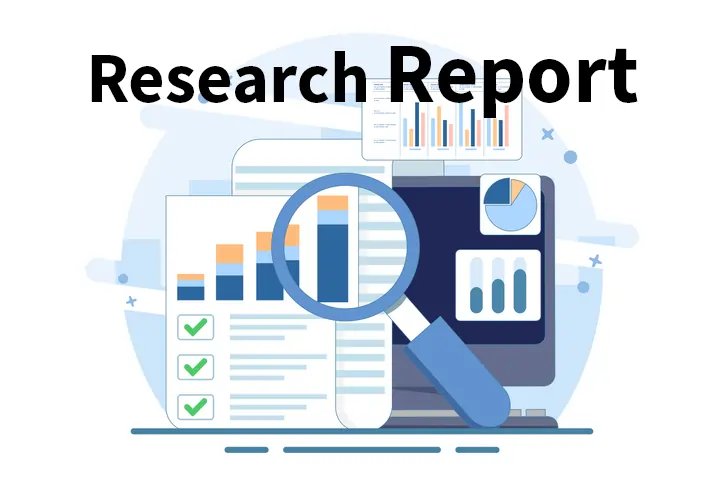Qtum Foundation Presents Its First Trusted IoT Alliance Award To The University Of Sheffield
Published by Gbaf News
Posted on July 19, 2018
4 min readLast updated: January 21, 2026

Published by Gbaf News
Posted on July 19, 2018
4 min readLast updated: January 21, 2026

Part of the $200K academic grant will be invested in a pan-European electrical power research project focused on blockchain implementations
The Trusted IoT Alliance in partnership with Qtum Foundation award for academic research to the Department of Electronic & Electrical Engineering at The University of Sheffield, UK.
Sheffield was selected for the $60K grant by the members the Trusted IoT Alliance.
The university’s proposal is designed to expand the blockchain community’s experience with how blockchain protocols perform in lower power and low bandwidth environments. The proposed project, which will begin immediately, will deploy a pan-European network to connect sensors that measure electrical power reliability and availability. The project will provide cutting-edge hardware prototypes connected to a bandwidth-constrained low power wide area network that will serve as a reference platform for protocol and network testing.
The project makes novel use of the Qtum protocol, implementing specially designed “smart contracts” to update a blockchain’s individual parameters, thereby ensuring that the data that the sensor measures are accurately transmitted throughout the network.
“The growth of the Internet of Things will require fundamentally new methods of transmitting vast amounts of data over a global network,” said Patrick Dai, founder of Qtum. “The aim of this works is to provide the Qtum community with a better understanding of how current and future features of the Qtum protocol can be applied to the IoT.”
“The viability of any massively scaled solution such as our proposed network requires long service life, and long-range, high-reliability radio systems that consume very small amounts of power and utilize a very narrow portion of the increasing crowded radio spectrum,” said Dr. Jonathan Rigelsford, principal investigator for the project. “As part of the project, we will investigate the practicality of using the IoT network to provide LoRaWAN (Low Range WAN) based data connectivity for power metering and monitoring systems.”
“As the IoT grows and demands maximum use of the RF spectrum, knowledge of the sources and causes of power quality disturbances is vital,” said ZakiManian, Executive Director of the Trusted IoT Alliance. “The knowledge gained from this project, both theoretical and practical, will be shared via the academic partnership with the Trusted IoT Alliance. We will provide access to relevant interested partners and a conduit for disseminating project outcomes.”
Part of the $200K academic grant will be invested in a pan-European electrical power research project focused on blockchain implementations
The Trusted IoT Alliance in partnership with Qtum Foundation award for academic research to the Department of Electronic & Electrical Engineering at The University of Sheffield, UK.
Sheffield was selected for the $60K grant by the members the Trusted IoT Alliance.
The university’s proposal is designed to expand the blockchain community’s experience with how blockchain protocols perform in lower power and low bandwidth environments. The proposed project, which will begin immediately, will deploy a pan-European network to connect sensors that measure electrical power reliability and availability. The project will provide cutting-edge hardware prototypes connected to a bandwidth-constrained low power wide area network that will serve as a reference platform for protocol and network testing.
The project makes novel use of the Qtum protocol, implementing specially designed “smart contracts” to update a blockchain’s individual parameters, thereby ensuring that the data that the sensor measures are accurately transmitted throughout the network.
“The growth of the Internet of Things will require fundamentally new methods of transmitting vast amounts of data over a global network,” said Patrick Dai, founder of Qtum. “The aim of this works is to provide the Qtum community with a better understanding of how current and future features of the Qtum protocol can be applied to the IoT.”
“The viability of any massively scaled solution such as our proposed network requires long service life, and long-range, high-reliability radio systems that consume very small amounts of power and utilize a very narrow portion of the increasing crowded radio spectrum,” said Dr. Jonathan Rigelsford, principal investigator for the project. “As part of the project, we will investigate the practicality of using the IoT network to provide LoRaWAN (Low Range WAN) based data connectivity for power metering and monitoring systems.”
“As the IoT grows and demands maximum use of the RF spectrum, knowledge of the sources and causes of power quality disturbances is vital,” said ZakiManian, Executive Director of the Trusted IoT Alliance. “The knowledge gained from this project, both theoretical and practical, will be shared via the academic partnership with the Trusted IoT Alliance. We will provide access to relevant interested partners and a conduit for disseminating project outcomes.”
Explore more articles in the Top Stories category











